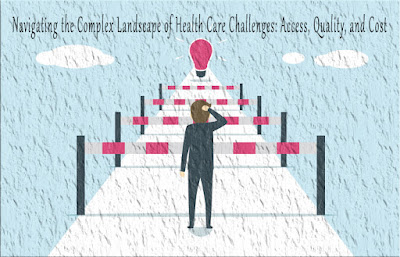 |
| Sleep Better |
Making changes to your diet and lifestyle may help improve sleep quality.
A good night’s sleep is just as important as regular exercise and a healthy diet.
Research shows that poor sleep has immediate negative effects on your hormones Trusted Source, exercise performance Trusted Source, and brain function.
It can also cause weight gain and increase disease risk in both adults and children.
In contrast, good sleep can help you eat less, exercise better, and be healthier.
Over the past few decades, both sleep quality and quantity has declined. In fact, many people regularly get poor sleep.
If you want to optimize your health or lose weight, getting a good night’s sleep is one of the most important things you can do.
Here are some tips to help you sleep better:
- Maintain a Consistent Sleep Schedule: Try to go to bed and wake up at the same time every day, even on weekends. This helps regulate your body's internal clock and improves the quality of your sleep.
- Create a Relaxing Bedtime Routine: Establish a calming bedtime routine to signal to your body that it's time to wind down. This could include activities such as reading, taking a warm bath, practicing relaxation techniques like deep breathing or meditation, or listening to soothing music.
- Optimize Your Sleep Environment: Make sure your bedroom is conducive to sleep by keeping it cool, dark, and quiet. Consider using blackout curtains, earplugs, or a white noise machine to block out any distractions.
- Invest in a Comfortable Mattress and Pillows: A supportive mattress and pillows that are comfortable for your sleeping position can make a big difference in the quality of your sleep. Replace your mattress and pillows if they're old or uncomfortable.
- Limit Exposure to Screens Before Bed: The blue light emitted by screens can interfere with your body's production of melatonin, a hormone that regulates sleep. Try to avoid using electronic devices such as smartphones, tablets, and computers at least an hour before bedtime.
- Watch Your Diet and Avoid Stimulants: Avoid heavy meals, caffeine, nicotine, and alcohol close to bedtime, as they can disrupt your sleep. Opt for light snacks if you're hungry before bed, and limit your intake of stimulants throughout the day.
- Get Regular Exercise: Engaging in regular physical activity can help you fall asleep faster and enjoy deeper sleep. Aim for at least 30 minutes of moderate exercise most days of the week, but try to avoid vigorous exercise close to bedtime as it may be stimulating.
- Manage Stress and Anxiety: Practice stress-reduction techniques such as mindfulness meditation, progressive muscle relaxation, or journaling to help calm your mind and prepare for sleep. If you're feeling anxious or overwhelmed, consider talking to a therapist or counselor for additional support.
- Limit Naps: While short naps can be beneficial, especially if you're feeling particularly tired during the day, avoid long or late afternoon naps, as they can interfere with your ability to fall asleep at night.
- Seek Professional Help if Needed: If you've tried these tips and are still struggling with sleep problems, consider consulting a healthcare professional or sleep specialist. They can help identify any underlying sleep disorders or other issues that may be affecting your sleep and recommend appropriate treatment.
- Implementing these tips can help improve your sleep quality and overall well-being. Experiment with different strategies to see what works best for you, and be patient as you develop healthier sleep habits.

No comments:
Post a Comment